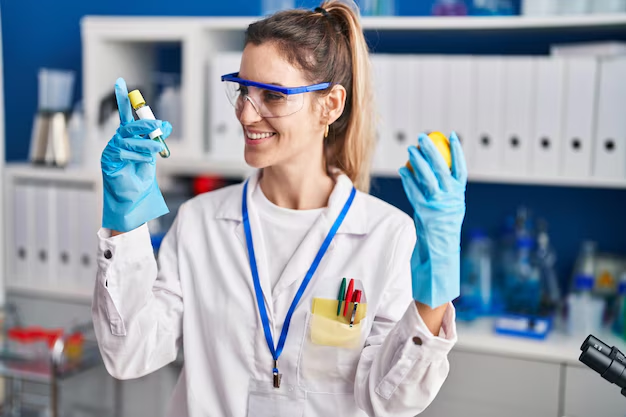How to Become a Laboratory Assistant: Education and Certification Pathways
Embarking on a career as a laboratory assistant is an exciting opportunity to immerse yourself in the world of scientific discovery and medical research. At the core of this profession is a solid foundation of education and training, designed to equip aspiring individuals with the necessary skills and knowledge. Typically, the first step is obtaining a high school diploma or equivalent. However, to enhance employability, many prospective lab assistants pursue an associate degree or a certificate in laboratory science or a related field, which offers a more comprehensive understanding of lab procedures and safety protocols. Some programs even offer hands-on training through internships, providing invaluable practical experience.
While a formal degree often enhances prospects, certification can also play a critical role in standing out in the job market. Various professional bodies offer certifications that affirm one's expertise and commitment to the field. Earning a Certified Laboratory Assistant (CLA) designation from an accredited organization can significantly bolster your credentials. Additionally, keeping abreast of current industry standards through continuing education is vital for career growth and proficiency. Investing in your education as a laboratory assistant not only amplifies your skills but also opens up a world of professional opportunities.
Key Educational Pathways and Certifications:
- 🎓 High School Diploma or GED
- 🎓 Associate Degree in Laboratory Science or a Related Field
- 📜 Certificate Program in Laboratory Assisting
- 🧪 Certified Laboratory Assistant (CLA) Credential
- 🔄 Continuing Education Opportunities
